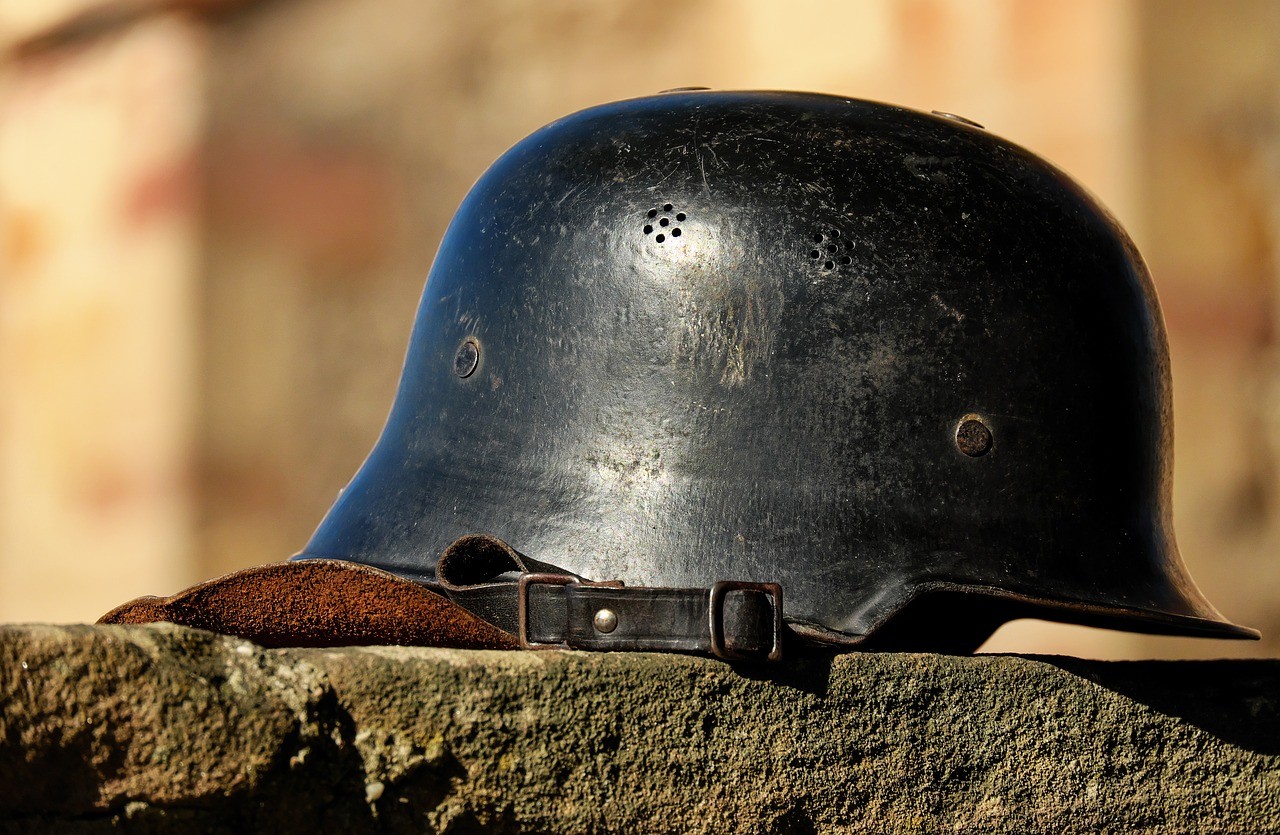
So thinks Maggie O’Kane, editorial director of GuardianFilms in England, and European Journalist of the Year.” And she should know, having had a ringside seat at the Baghdad Hustle once before.
No pacifist by any stretch of the imagination, O’Kane nonetheless contends that provoking Saddam Hussein further at this time would be “criminally irresponsible” by President Bush, irrespective of any motives for doing so.
What leads 0’Kane to say this? The déjà vu situation. The only difference being that this time around Saddam Hussein is now cornered, and he knows it. It is also rumored that he is dying of cancer. In a war in which his own survival is unlikely, he has nothing to lose. Which, like a cornered rat, makes him extremely dangerous. Therefore, provoking him more, speculates O’Kane, would be unforgivable on Bush’s part.
Even with a familiar scenario unfolding, O’Kane sees no more reason for jumping the gun on Hussein than she saw the first time.
It would be difficult to gainsay her assessment of the situation, given her knowledge and experience acquired in Baghdad, where she was assigned to cover Saddam Hussein and his maneuverings in the first Gulf War, “the biggest story of a lifetime” -as she called it.
In pleading the case for a less knee-jerk response to Saddam Hussein this time around, O’Kane sites two glaring examples of how the U.S. propaganda machine worked to draw America into the first Gulf War. And how a similar formula may be in the planning stages for getting America into another Gulf war, this time perhaps with a less healthy Hussein.
Example one. Just prior to the first Gulf war, the Pentagon insisted they had satellite photos showing Saddam Hussein not only NOT withdrawing from Kuwait, but he had 250,000 troops poised to pounce on Saudi Arabia. Yet, subsequent commercial satellite photos and declassified information indicated that there were no Iraqi troops massed at the border. Only aircraft sitting wingtip-to-wingtip in Riyadh airport. Still, in spite of the absence of Iraqi troops poised to enter Saudi Arabia, the war machine was turned on.
“So what will the fake (Pentagon) satellite pictures show this time,” asks Maggie O’Kane, “a massive chemical installation with Iraqi goblins cooking up anthrax?”
Example two The second propaganda tactic used to get America into Gulf War 1 was a classic called “dead babies”. It seems that Nijirah-al Sabah, the daughter of the Kuwaiti ambassador in Washington, described how she had watched Iraqi soldiers looting incubators to take back to Baghdad, pitching the Kuwaiti babies out onto the cold floor to die.
Except it never happened. Two Filipina nurses who worked in the maternity ward in question said they had never seen Ms. Al Sabah in their lives. Amnesty admitted being duped, and Middle East Watch confirmed the fabrication. But it came too late: The U.S.. Congress had already voted for war, due in no small part to Bush senior’s mention of the “incubator babies” seven times in his pre-war rallying speeches.
By the time the truth came out, months later, the war was over.
What U.S. propaganda techniques will be used to garner a consensus for the second attack on Iraq? Ms O’Kane thinks she sees the beginning of it in action already. In her own country of Britain, she says that Jack Straw’s new human rights dossier on Iraq seems conveniently timed with the military build-up.
Also, an odd cog in the propaganda machine is Hans Blix, the U.N.’s chief weapons inspector, whose work is, in the words of former CIA director James Wolsey, “of limited value.” He’s a pussycat compared to Saddam Hussein. But then, what did they expect? Blix was Kofi Annan’s second choice for the job.
In a final comment on American politics as it relates to U.S. propaganda, Ms. O’Kane lays it right on the line: “The greatest irony, and most important issue, is that although the war on Iraq may indeed get George Bush re-elected, it will not win the war on terrorism. It will instead fuel it.”
I guess it takes a gal like Maggie O’Kane, working at the Guardian in England, to explain to us what we can’t seem to figure out for ourselves.
“Published originally at EtherZone.com : republication allowed with this notice and hyperlink intact.”